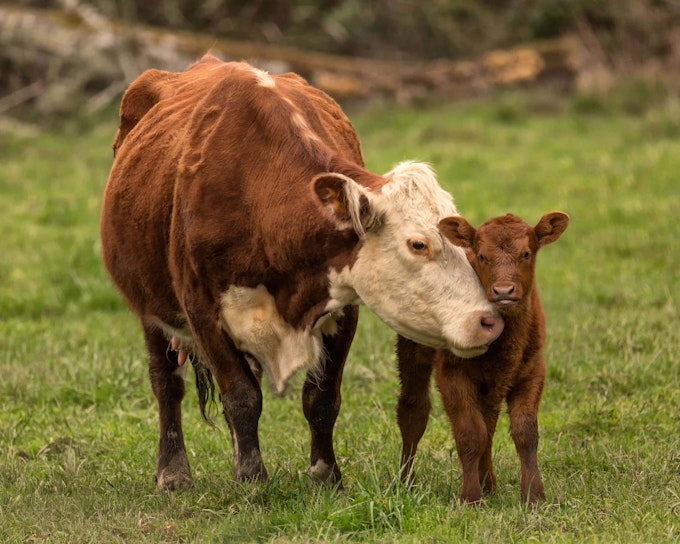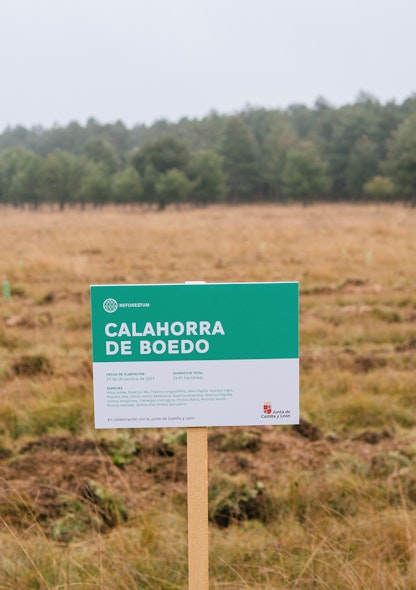5 Ways You Can Instantly Impact Climate Change
1. Vote, vote, vote.
There are civic and business leaders in your local and national communities that have already pledged their support to grow a low carbon economy and contribute to carbon offsets. Support for civic leaders and businesses committed to a low carbon economy. The interesting number here is that only 100 companies are responsible for 71% of greenhouse gas emissions. By supporting leaders who are committed to policies and economic actions that curb emissions and hold these polluting companies accountable, you are directly contributing towards the reversal of climate change. And voting doesn’t mean just going to the polls. It also means you can vote with your wallet. ExxonMobil, BP and Chevron are among the highest contributors to greenhouse gas emissions. What if they were put out of business, by us? There are more than 100 companies like Apple, Facebook, Google and Ikea who are committing themselves to renewable power. What if we only supported large businesses who made this pledge? It’s these kinds of questions that can keep us aware of where our votes and our money is going, and how that directly impacts the planet.
2. Reduce Beef Intake by at least 30%.

You would think the next call to action in this list would ask you to reduce your car and air transportation, but it doesn’t. It’s common knowledge that there are harmful environmental effects from fossil fuels. But greenhouse gas emissions from the agribusiness are actually a way bigger problem. That means the global livestock industry produces more emissions than all cars, planes, trains and ships combined. Right now there is a projection from two peer-reviewed studies that says agricultural emissions (this includes cow farting, which releases methane and is 21 times more carbon potent than car tailpipe emissions) are going to take up our world’s carbon budget by about 2050. That means we have no room for energy, industry and transport to be anything but zero carbon. Impossible, right? That means the worst of the worst is actually in our diet. Red meat in particular is to blame because they require so many resources to raise. Getting those cows ready for your dinner plate requires 11 times more water and 5 times more emissions than a chicken does. Just one pound of ground beef requires over 5,000 gallons of water to be produced. So are we asking you to abstain completely and become vegetarian? No, absolutely not. Even if you aren’t a vegetarian and love a good burger, by simply reducing your beef intake you are making a difference. One study showed that if everyone in the United States switched from beef to beans the country could almost reach its Paris Climate Agreement goals. Go figure.
3. Reduce Air Travel.
For the average American alone air travel accounts for 11% of emissions. Air travel is an amazing invention, and I don’t think anyone would want to go back to making pilgrimages on foot. Fair enough. But there are ways to enjoy these modern conveniences while staying aware of their impact on the planet and curbing carbon appetites accordingly. One way to do this is to book direct flights and choose airlines that are known for their efficiency. AtmosFair put out a calculated index and rating of airlines and their carbon efficiency in 2017. You can keep an eye out for your airline of choice on it here. Interestingly enough, United Airlines was the most efficient American airline, with Delta coming in second. If life allows, you can also reduce your air travel. If you are not in a rush, there are slower but more earth-friendly means of travel. For the flights that you do/must take you can purchase carbon offsets that will ensure the balance of carbon emissions with some much needed oxygen.
4. Calculate your carbon footprint.

Dietary and flight changes aside, you can help reverse climate change by making lifestyle changes that overall reduce your carbon footprint. To make these adjustments you have to see where your carbon emissions are coming from, and what kind of numbers those carbon emissions add up to. This allows you to take personal responsibility for your life choices, and those choices’ impact on the planet itself. It’s a way to take this whole issue into your own hands and then do what you can armed with knowledge--and math. Crunching numbers overwhelm you? You’re not the only one. The biggest barrier between the average person and climate change is often the science or math that lies in between. That’s why we have created Reforestum. So you can calculate carbon emissions and the corresponding number of needed carbon offsets by using our customized Carbon Footprint Calculator here. You don’t need a degree in environmental science, and you don’t even need to have done well in sixth grade math.
5. Offset your carbon emissions to reset the future.
Once you’ve done the math you know what’s needed to keep your Co2 in balanced. Offsetting carbon emissions on Reforestum means simply contributing to planting trees in a forest. By contributing to reforestation, your trees are naturally capturing carbon emissions, cleaning toxins from the air and releasing much-needed oxygen. That air filter is what ensures the future of you, your children and our planet. What’s neat about reforestation is that it’s a solution that replicates itself--planting trees establishes a seed source which enables trees replicate and grow more forests themselves.
Is climate change a complex problem? Sure. Does that mean there are only complex solutions? Not really. There are simple things you can do to make a positive impact on climate change today. With a little awareness and decision making we can ensure the future of our planet and humanity. Never a bad thing, right?



